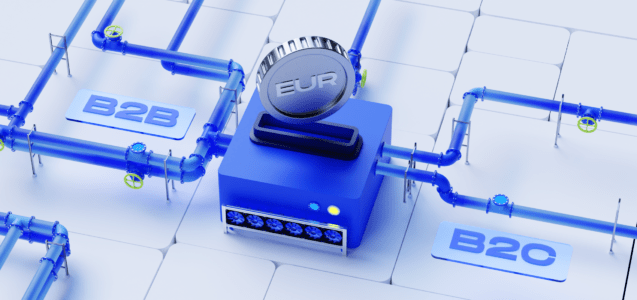
Importance of Small and Medium-Sized Enterprises (SMEs). Growth, Challenges, and Economic Impact
Small and Medium-Sized Enterprises (SMEs) are businesses with limited employees and revenue. They form the backbone of the global economy, driving growth, innovation, and employment. In Europe alone, SMEs account for 99% of all businesses, employing around 100 million people and contributing more than half of the EU’s GDP.
This article provides an overview of small and medium businesses, exploring their characteristics, crucial role in the economy, the challenges they face, and the benefits they offer. Understanding these aspects can help foster a supportive environment for SMEs to thrive.
Definition and Characteristics of SMEs
SMEs are defined based on size criteria, including the number of employees and annual revenue. Generally, a small enterprise has fewer than 50 employees, while a medium-sized enterprise has fewer than 250 employees. Revenue thresholds also vary by region and industry. Small enterprises often generate less than €10 million annually, whereas medium-sized ones generate up to €50 million.
The primary difference between small and medium-sized enterprises lies in their operational scale and market reach. Small and medium businesses operate across various industries, including retail, manufacturing, services, and technology. For example, local family-owned restaurants, tech startups, and regional manufacturing firms are all considered SMEs.
Globally, small and medium businesses are vital to diverse economies, from the bustling markets of Asia to the innovative hubs in Europe and North America.
The Role of SMEs in the Economy
Small and medium enterprises contribute to employment, providing around 70% of jobs in most economies. They are crucial in these areas:
- Driving economic growth, contributing significantly to GDP. In many countries, small and medium businesses are the primary source of job creation and innovation, fostering entrepreneurship and introducing new products and services.
- Supporting local economies by stimulating economic activity and creating opportunities within communities. They often act as suppliers to larger companies, further integrating into the broader economic fabric.
- Encouraging competition, leading to improved products and services. Their ability to adapt quickly to market changes allows them to meet local needs effectively, thereby sustaining economic resilience and diversity.

Challenges Faced by SMEs
Despite their importance, small and medium companies face challenges. Such as the following:
Getting Additional Financing
Access to financing and credit is a significant hurdle. Banks and financial institutions often consider small and medium companies as high-risk. This limits their ability to invest in growth and innovation.
Regulatory and compliance issues also pose burdens. In most cases, small and medium businesses may need more resources to go through legal landscapes.
Competition and Innovation
Competition from larger firms with more resources can overwhelm small and medium companies. The rapid pace of technology adoption and digital transformation can be challenging, particularly for small businesses with limited IT budgets and expertise.
To overcome these challenges, SMEs need support in financing, regulatory compliance, and technology adoption.
Benefits of SMEs
SMEs offer numerous benefits:
- Agility and flexibility in business operations. Small and medium companies can quickly adapt to market changes and customer preferences. They provide personalized services that large corporations often struggle to match. This adaptability fosters innovation. SMEs are more likely to experiment with new ideas and approaches.
- Play a crucial role in job creation and contributing to community development. Small and medium companies often support local suppliers and community activities. This boosts their economic and social impact. SMEs boost the economy by fostering innovation and entrepreneurship. They make it more dynamic and resilient.
Conclusion
SMEs are:
- The lifeblood of the global economy.
- Playing a pivotal role in employment.
- Promote economic development.
Despite facing significant challenges, they offer substantial benefits, including flexibility, personalized service, and community impact.
Investing in small and medium businesses ensures a dynamic and resilient economic landscape that adapts to future challenges and opportunities. Continually nurturing SMEs will lead to a more inclusive and prosperous economy.
Create a Business or a Personal Account to see how PayDo as a payment ecosystem helps 99% of SMEs on the market.













































































